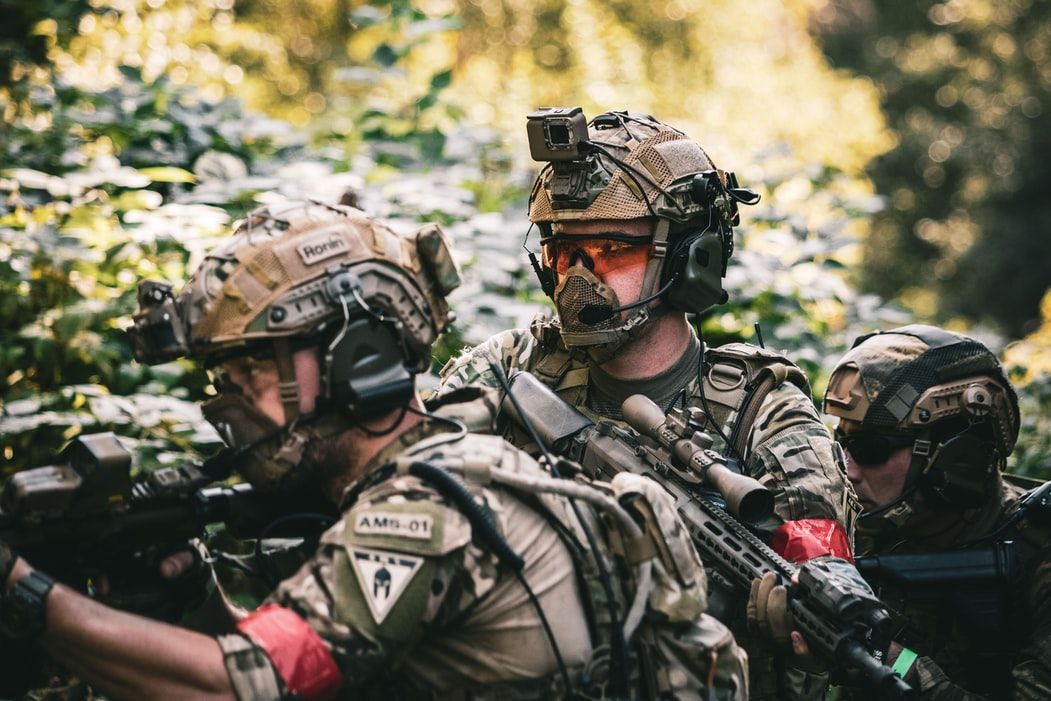US troops who are HIV-positive can’t be discharged or prevented from being an officer simply on the basis of their infection, a federal judge in Virginia ruled, in what advocates have hailed one of the strongest decisions favouring people living with the virus.
The specific case details dealt with two servicemen that the Air Force tried to discharge, and Sgt. Nick Harrison of the D.C. Army National Guard who was denied a spot in the Judge Advocate General (JAG) Corps.
U.S. District Judge Leonie Brinkema’s decision prevents the military from taking action against the plaintiffs, and other service members who are asymptomatic but HIV-positive, clarifying they can’t be banned “because they are classified as ineligible for worldwide deployment … due to their HIV-positive status.” She instructed the JAG and the Air Force to reconsider their decisions in light of her ruling.
Also Read | US lawmakers defending Capitol Hill rioters get bin Laden stamp of approval
Peter Perkowski, an attorney for the plaintiffs, lauded this decision saying “The military was the last employer in the country that had a policy against people living with HIV. Every other employer — including first responders — is subject to rules that prohibit discrimination based on HIV status”, New York Post reported.
The case with the airmen has been going on since 2018, with the Department of Justice (DOJ) taking cognizance that treatment lowers the risk of HIV transmission, but noting that chances amplify when on the battlefield, as soldiers might come in contact with the blood of the infected individual.
Also Read | Donald Trump at North Carolina rally: I’m the most honest human being
However, in 2020, the Richmond-based 4th U.S. Circuit Court of Appeals made a unanimous ruling under Judge James Wynn Jr., who wrote “But any understanding of HIV that could justify this ban is outmoded and at odds with current science. Such obsolete understandings cannot justify a ban, even under a deferential standard of review and even according appropriate deference to the military’s professional judgments”.







